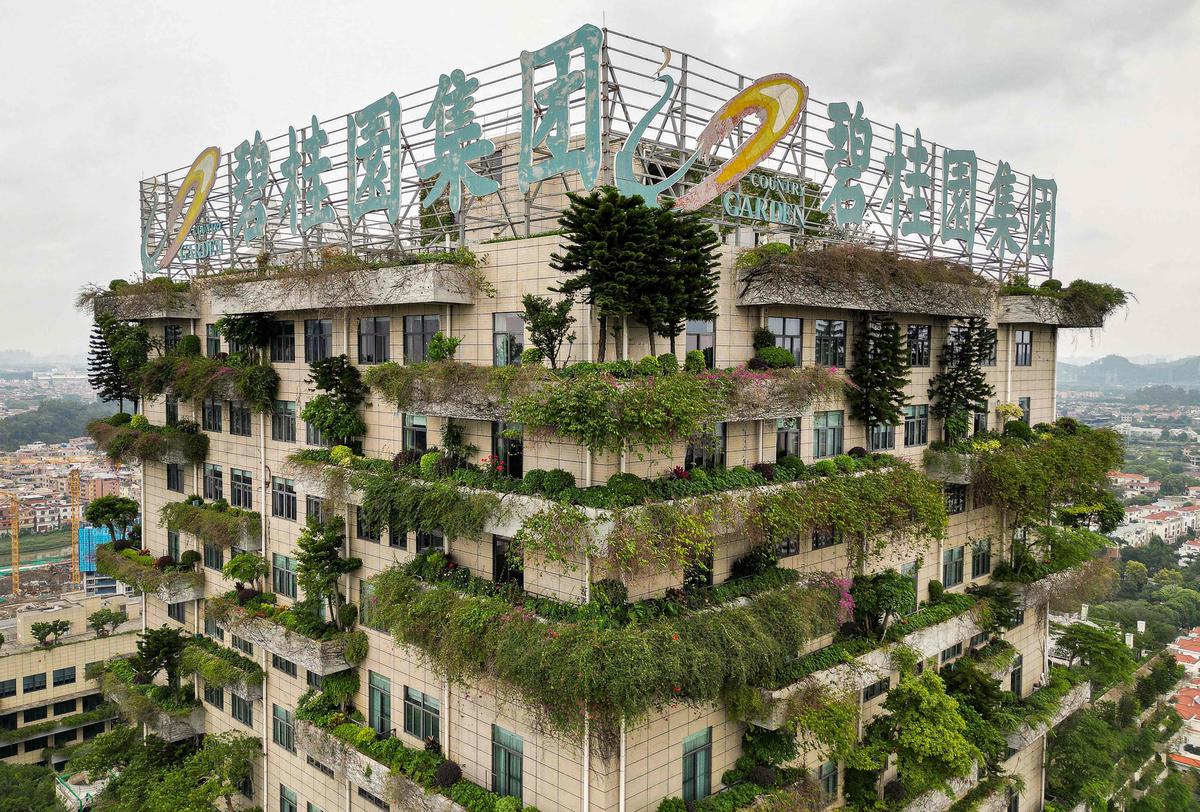The financial crisis at Evergrande, one of China’s largest real estate developers, takes a new twist with the seizure of luxury properties belonging to its chairman, Hui Ka Yan. As the group struggles to avoid liquidation, the collapse of another industry giant, Country Garden, and its implications for the Chinese economy underscore the scale of the crisis. This is leading to debates on regulatory policies and solutions to stabilize the real estate market and prevent economic contagion.
On November 22, 2023, two luxury properties belonging to the chairman of property developer Evergrande, Hui Ka Yan, were seized by an unidentified creditor. The properties, worth over HK$1.5 billion (US$192 million) and located in The Peak, one of Hong Kong’s most prestigious districts, will be officially seized in the coming days.
Hui Ka Yan had pledged these homes to Orix Asia Capital Ltd in November 2021. Another neighbouring property was seized by China Construction Bank (Asia) in November 2022. Evergrande, which has been in financial difficulty for two years, must submit a new restructuring proposal by December 4 to avoid liquidation, while its main assets in Hong Kong were seized by creditors last year.
Meanwhile, a new Chinese group, Zhongzhi, an ultra-indebted asset manager worth over €125 billion, is facing a Beijing police investigation into alleged offences. Little known to the general public, Zhongzhi is a major market player, managing the assets of numerous Chinese companies and individuals. The real estate crisis triggered by the collapse of Evergrande and the economic slowdown have plunged companies specializing in asset management, such as Zhongzhi, into serious difficulties. The latter has now declared itself insolvent, with an estimated debt of 60 billion euros, which could have significant consequences for the Chinese financial system.
Fall of the Country Garden giant
The troubled property developer Country Garden, one of China’s largest, also collapsed on the stock market in August. Its heavy debt burden (150 billion euros) is weighing on its financial health and causing concern among investors. One project in particular symbolizes the real estate group’s folie de grandeur, and is undoubtedly no stranger to the crisis it is experiencing.
Dubbed “Forest City” and launched in 2016, this $100 billion megaproject for a “smart, green city of the future” in southern Malaysia, near Singapore, is proving to be an abject failure. It has even been described as a “ghost town” by observers and the media who have visited the site. While the city was originally intended to accommodate 700,000 inhabitants on four artificial islands stretching over 30 km2, only a few thousand live there today. Only 28,000 residential units have been completed to date, and only one of the four islands has been fully developed.
Click here to read the entire article on Luxus Magazine.
Featured photo : © Press



















